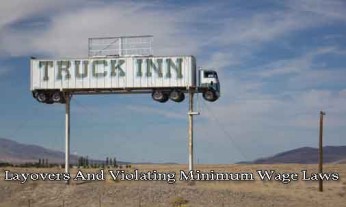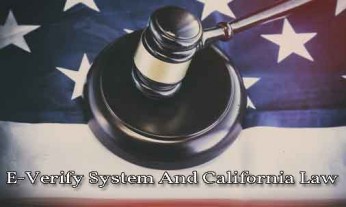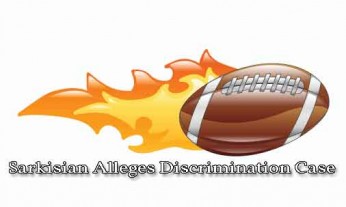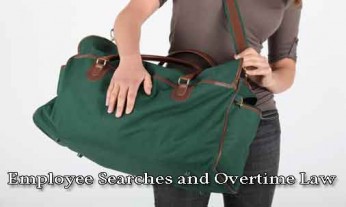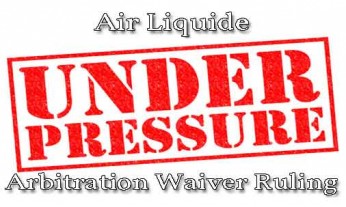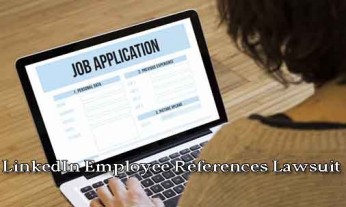 A common complaint among job seekers is that they can not get employee references from past employers. More and more, employers are refusing to provide information about past employees beyond their job titles and dates of employment. This is primarily out of fear of lawsuits that could arise if a comment about a former employee convinces another employer not to hire them.
A common complaint among job seekers is that they can not get employee references from past employers. More and more, employers are refusing to provide information about past employees beyond their job titles and dates of employment. This is primarily out of fear of lawsuits that could arise if a comment about a former employee convinces another employer not to hire them.
2015 saw the dismissal of a complaint filed by employees who took a novel approach after finding themselves in this situation: They sued the job networking website LinkedIn, for providing their prospective employers with the identities of potential employee references. They argued that LinkedIn’s actions violated the Fair Credit Reporting Act (FCRA), which requires consumer reporting agencies to maintain “reasonable procedures” for providing information.
Is LinkedIn a Consumer Reporting Agency?
In Sweet v. LinkedIn Corporation, the U.S. District Court of the Northern District of California granted LinkedIn’s motion to dismiss the complaint. The Court concluded that LinkedIn is not a “consumer reporting agency” under the FCRA, and thus many of the FCRA’s provisions did not apply to it. Magistrate Judge Paul S. Grewal, who wrote the order, stated that LinkedIn was not in the business of providing consumer reports, under the FCRA’s definition.
LinkedIn’s Reference Search feature allows users to access the names of LinkedIn members’ current and former employers, as well as the names of people in the users’ networks who have worked with the members. The order states that this kind of information does not constitute a consumer report because the information is provided by the consumers (in these cases, the plaintiffs) when they create their LinkedIn profiles. The language of the FCRA clarifies that reports “containing information solely as to transactions or experiences between the consumer and the person making the report” are not considered consumer reports.
The order also states that even if the employee references information offered by LinkedIn constituted consumer reports, the FCRA would still not apply because LinkedIn is not a consumer reporting agency. The FCRA defines a consumer reporting agency as an entity that assembles or evaluates information on consumers for the purpose of furnishing consumer reports to third parties for monetary fees, which uses interstate commerce for the purpose of preparing or furnishing the reports. In addition, the FCRA states that an entity does not qualify as a consumer reporting agency if it conveys information about a consumer to a third party with the consumer’s consent, in order to provide a specific product or service requested by the consumer.
According to the Court, LinkedIn does not qualify as a consumer reporting agency because the information that it offered was provided by the plaintiffs. The dismissal order states that this supports an inference that LinkedIn is carrying out consumers’ information-sharing objectives, rather than creating consumer reports. [Read more…]

